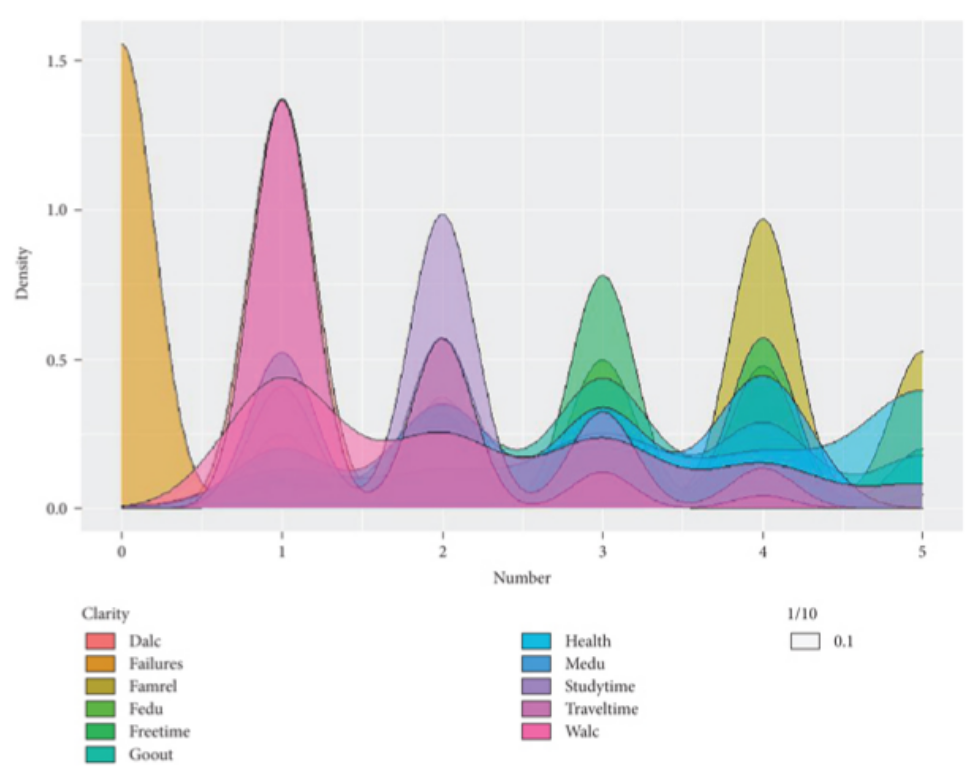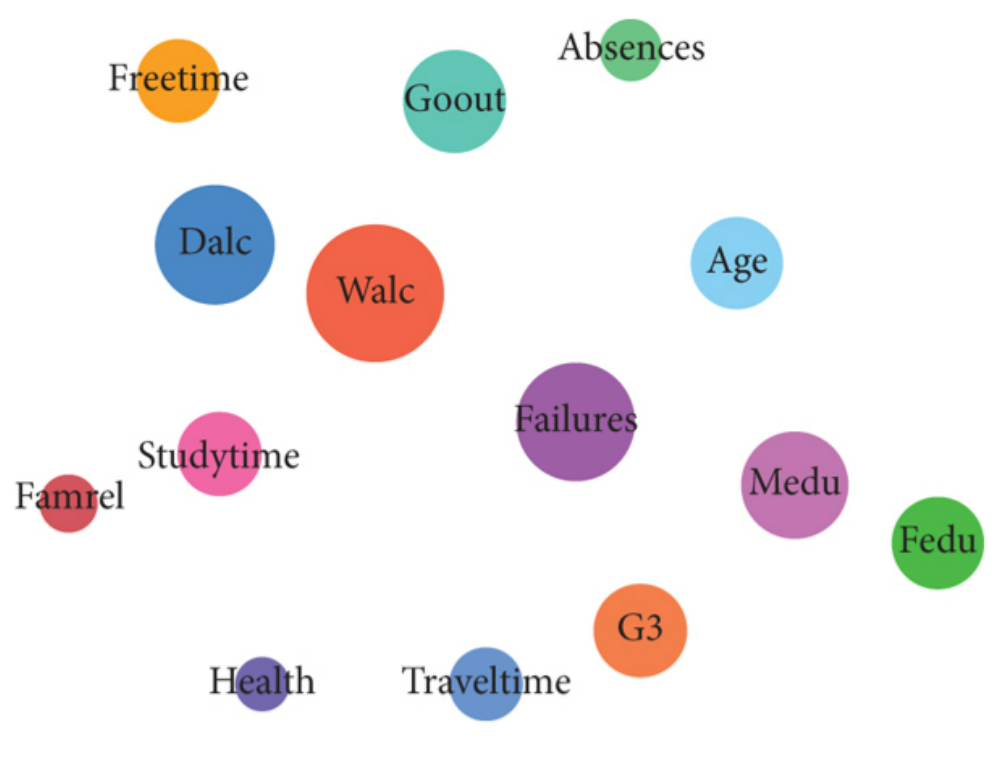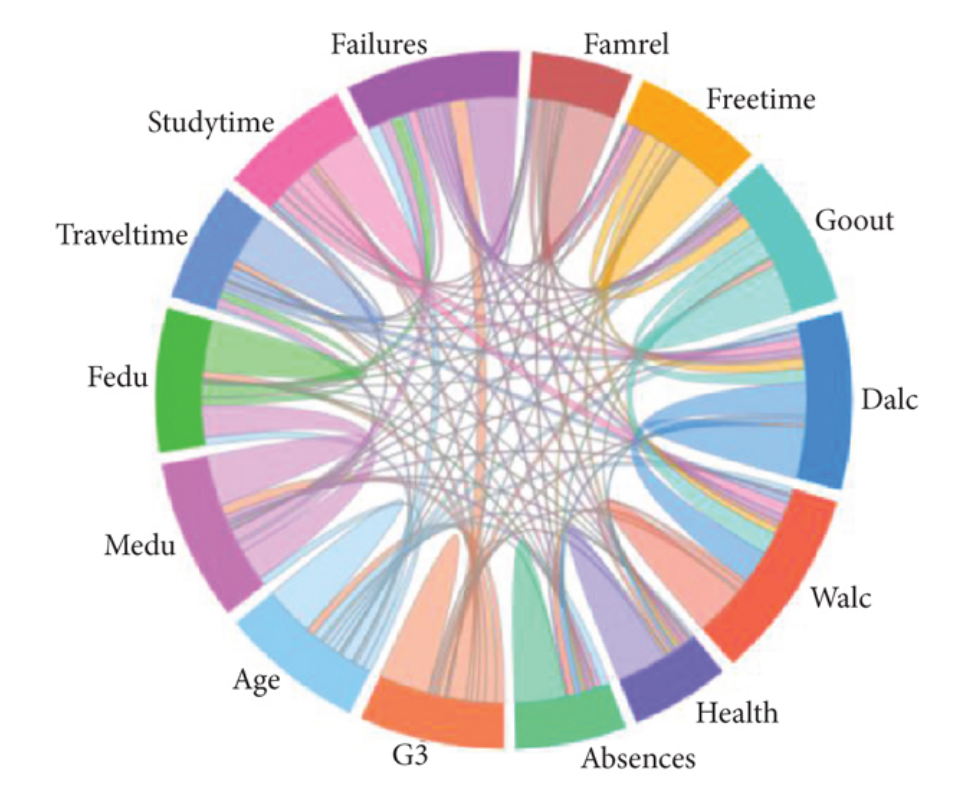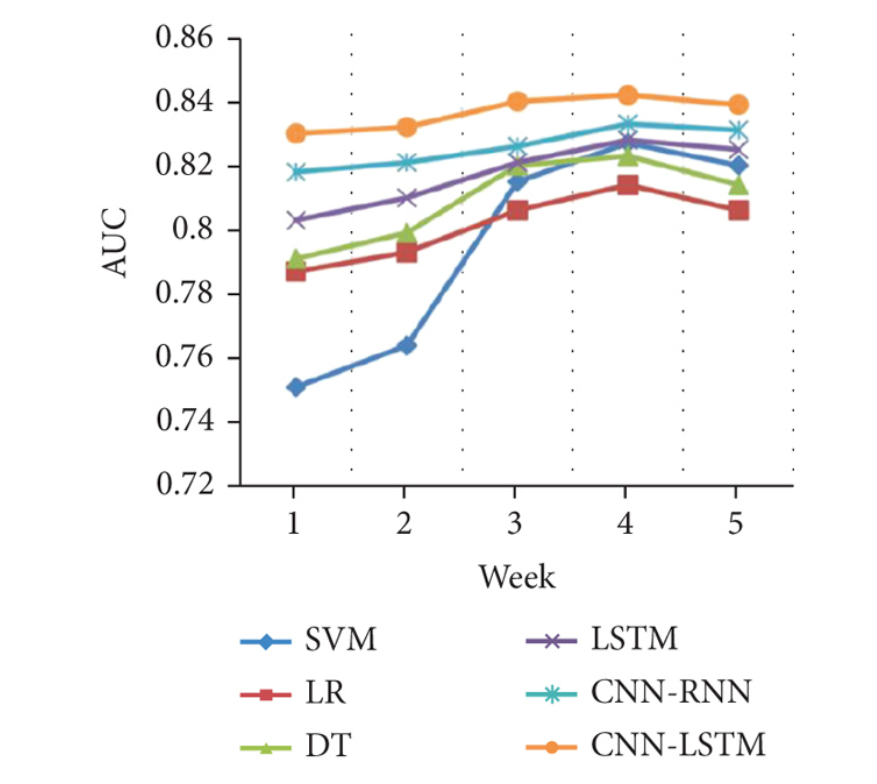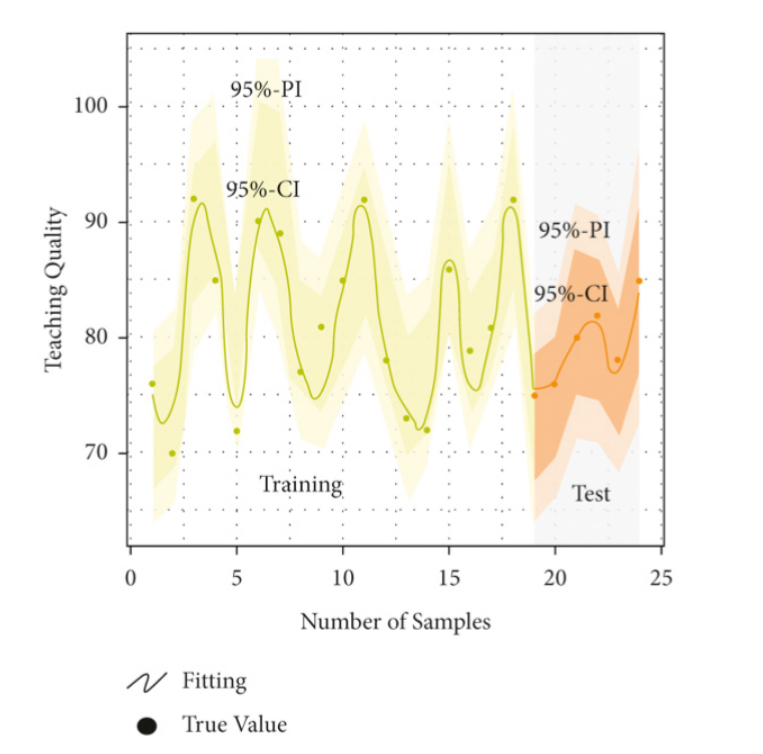 An open access journal
An open access journal
AI in Agriculture: Revolutionizing Farming Practices and Crop Management
Abstract
This paper explores the transformative impact of artificial intelligence (AI) in agriculture, focusing on how AI technologies are revolutionizing farming practices and crop management. Through an analysis of case studies and industry reports, the study investigates how AI-driven solutions such as precision farming, crop monitoring, and yield prediction are reshaping various aspects of agricultural operations, including planting, irrigation, pest control, and harvesting. It discusses the potential benefits of AI in improving agricultural productivity, optimizing resource utilization, and reducing environmental impact, while also addressing challenges related to data accessibility, technology adoption, and rural infrastructure. Additionally, the paper examines the role of AI in enabling more sustainable and resilient agricultural systems, by providing real-time insights into soil health, weather patterns, and crop disease detection. Furthermore, it discusses the importance of collaboration between farmers, researchers, and technology providers, investment in AI infrastructure, and policy support in harnessing the full potential of AI in agriculture. The findings underscore the transformative power of AI in creating more efficient, sustainable, and food-secure agricultural systems to meet the growing demands of a changing world.
Share and Cite
Article Metrics
References
- Andrade, R. G., & Smith, B. A. (2018). Applications of artificial intelligence in agriculture. Computers and Electronics in Agriculture, 153, 69-77.
- Belgiu, M., & Drautzburg, T. (2018). Deep learning for land use and land cover classification: A review. ISPRS Journal of Photogrammetry and Remote Sensing, 152, 166-179.
- Castañeda-Miranda, A. G., & Vargas-Moreno, J. M. (2020). A review of machine learning techniques for agriculture. Computers and Electronics in Agriculture, 176, 105682.
- Ge, Y., Wu, Q., & Geng, X. (2019). Artificial intelligence in agriculture: A systematic review. Engineering, 5(5), 850-857.
- Kamilaris, A., & Prenafeta-Boldú, F. X. (2018). Deep learning in agriculture: A survey. Computers and Electronics in Agriculture, 147, 70-90.
- Mahesh, S., & Pannu, P. K. (2020). Artificial intelligence-based solutions for agriculture: A review. Computers and Electronics in Agriculture, 176, 105687.
- Mohanty, S. P., Hughes, D. P., & Salathé, M. (2016). Using deep learning for image-based plant disease detection. Frontiers in Plant Science, 7, 1419.
- World Bank. (2019). The future of food: Harnessing digital technologies to improve food system outcomes.

